
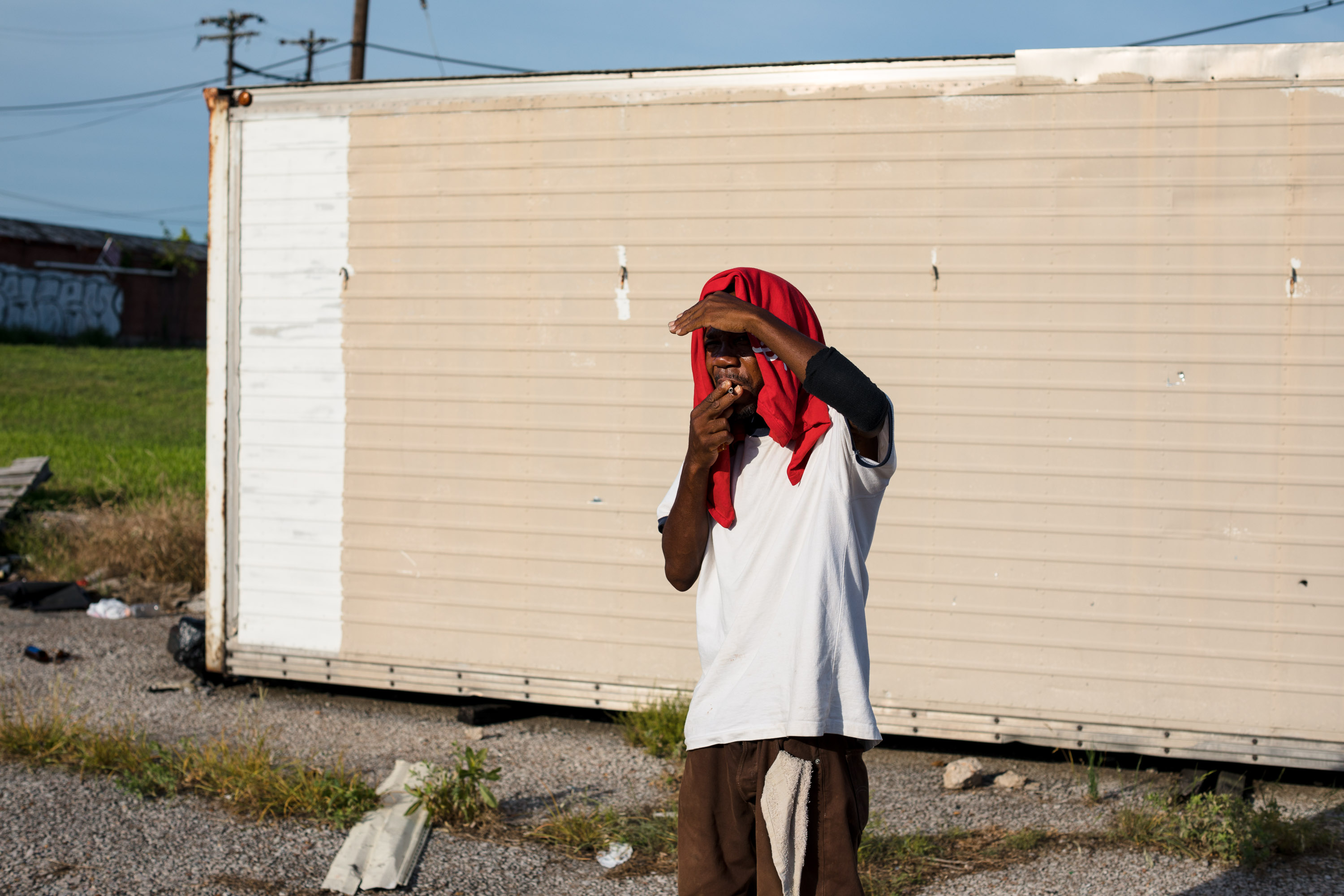

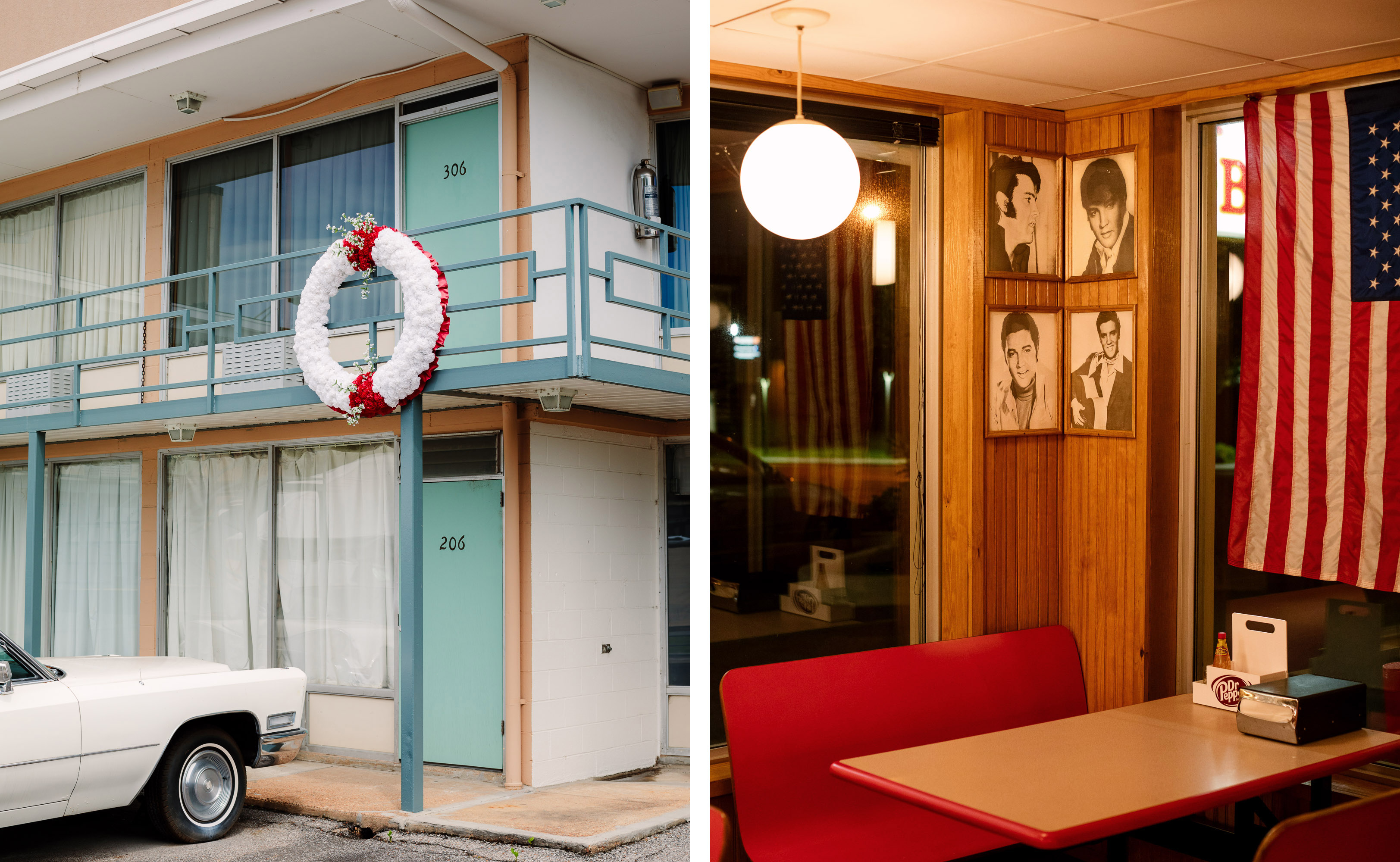
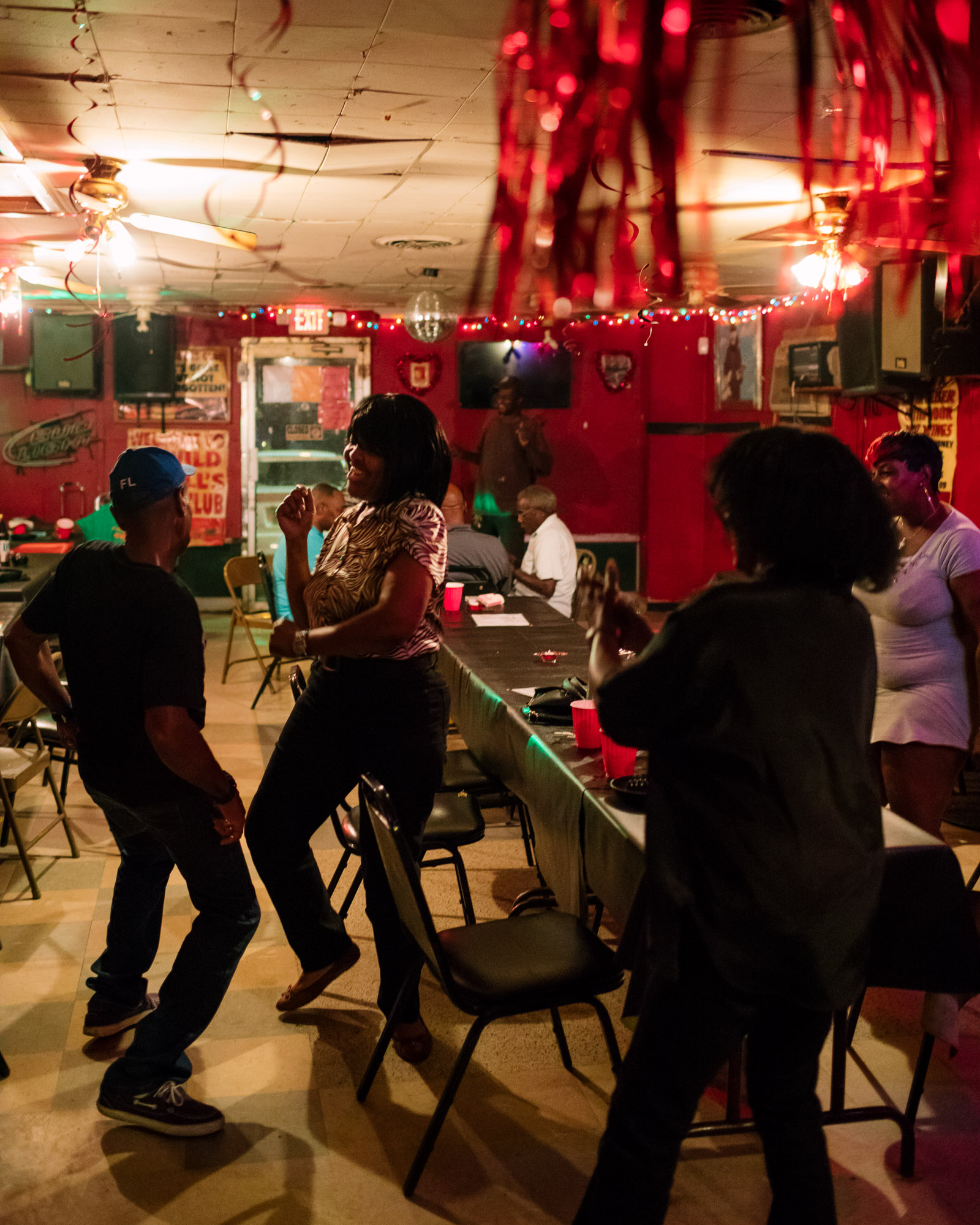


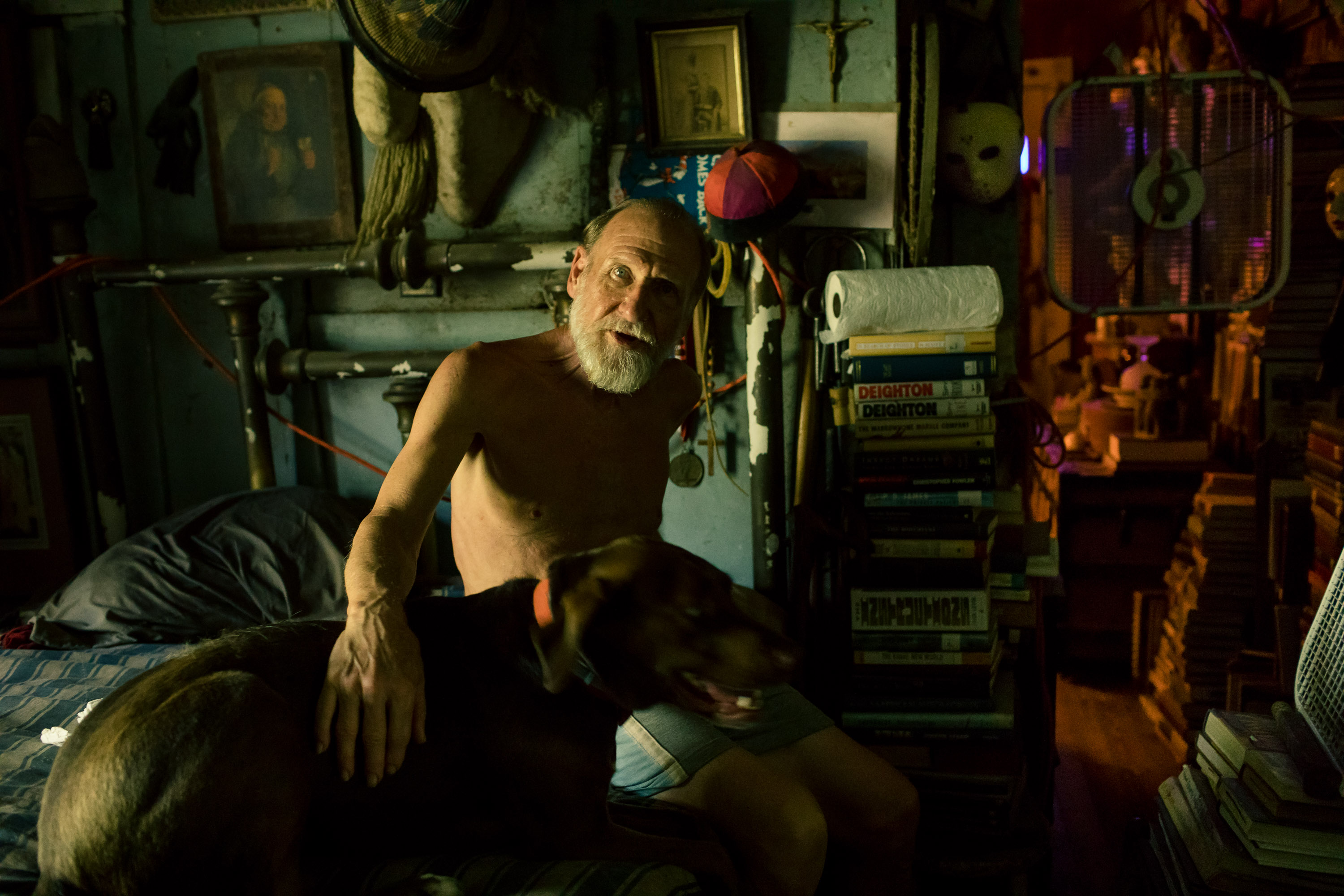

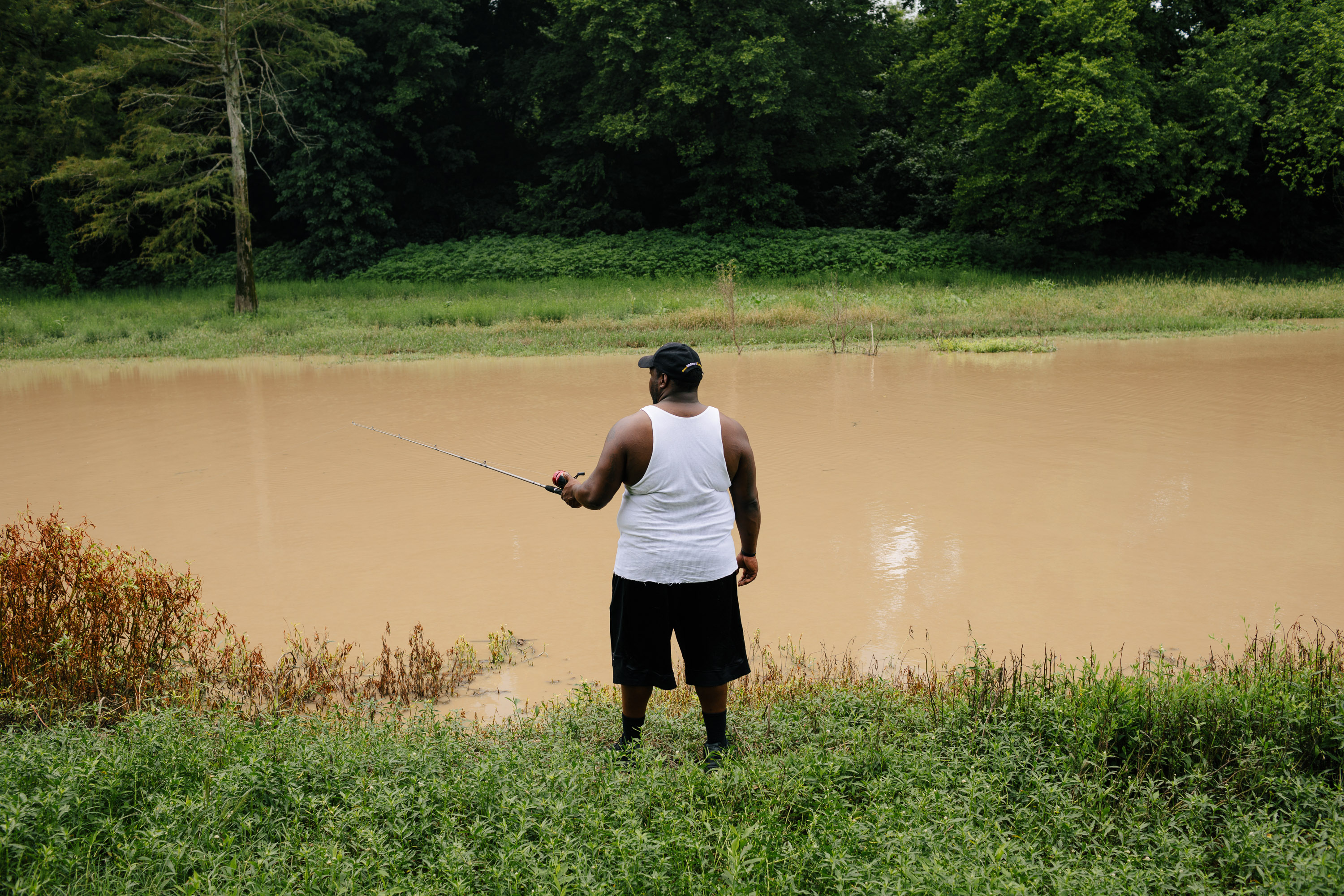
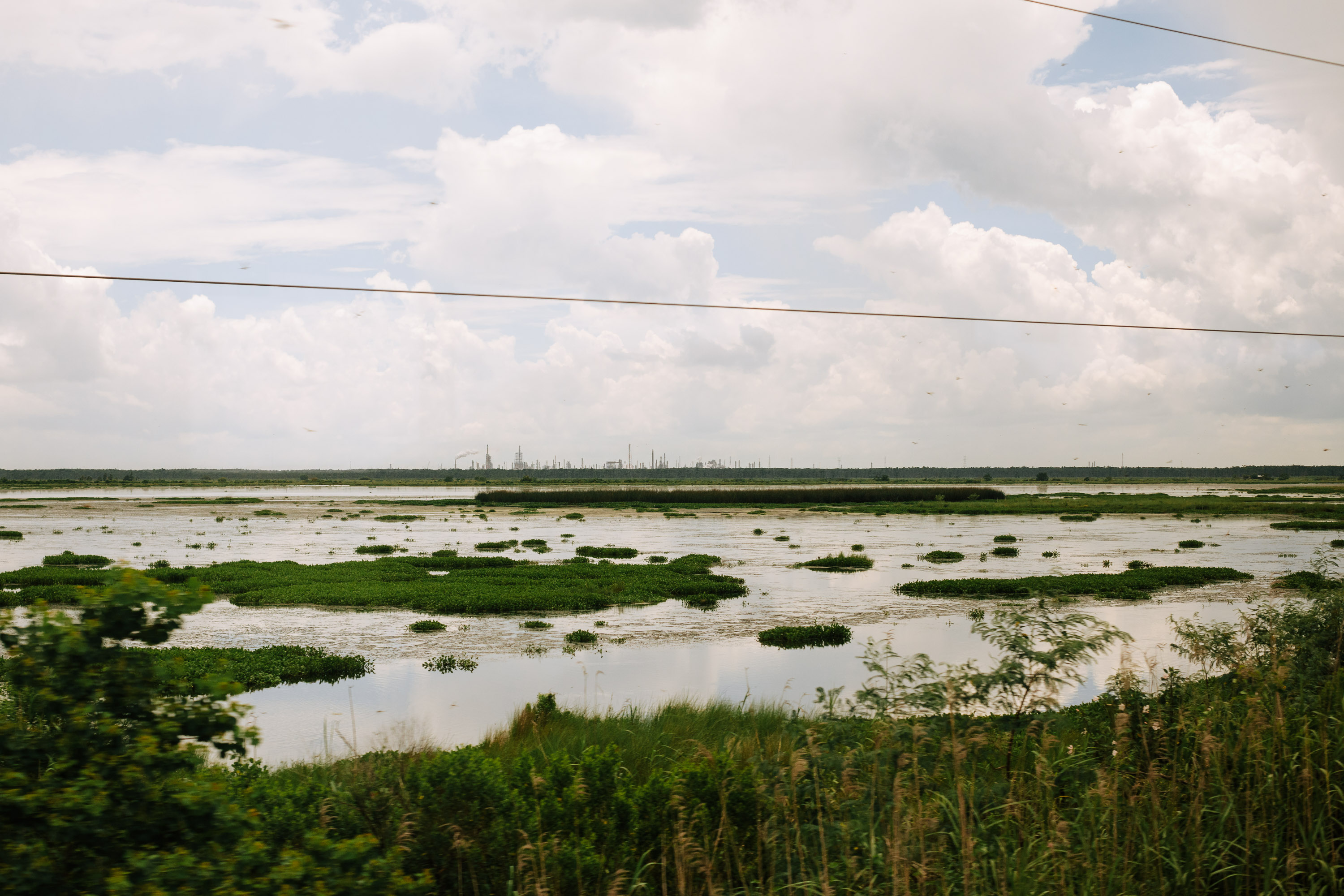

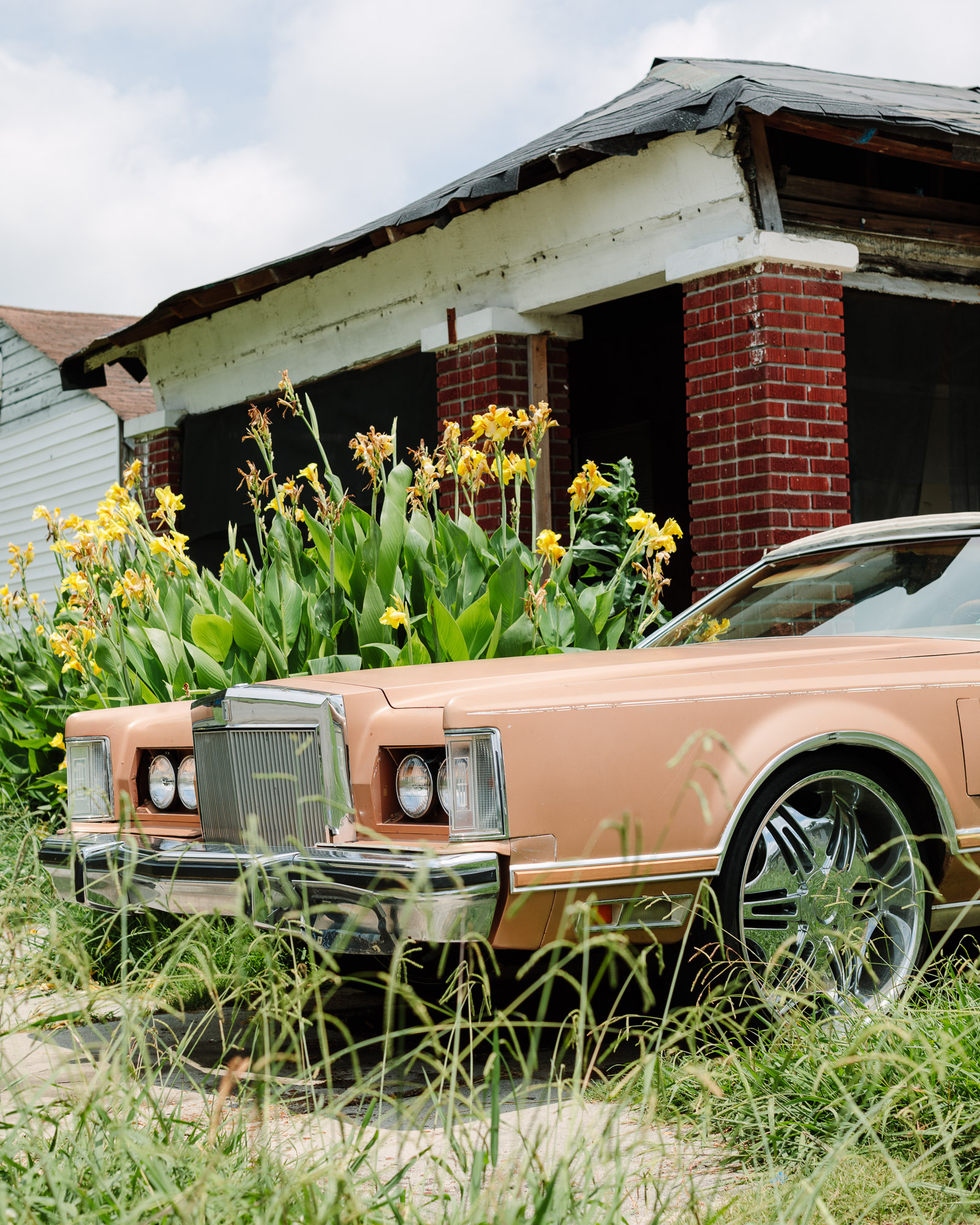



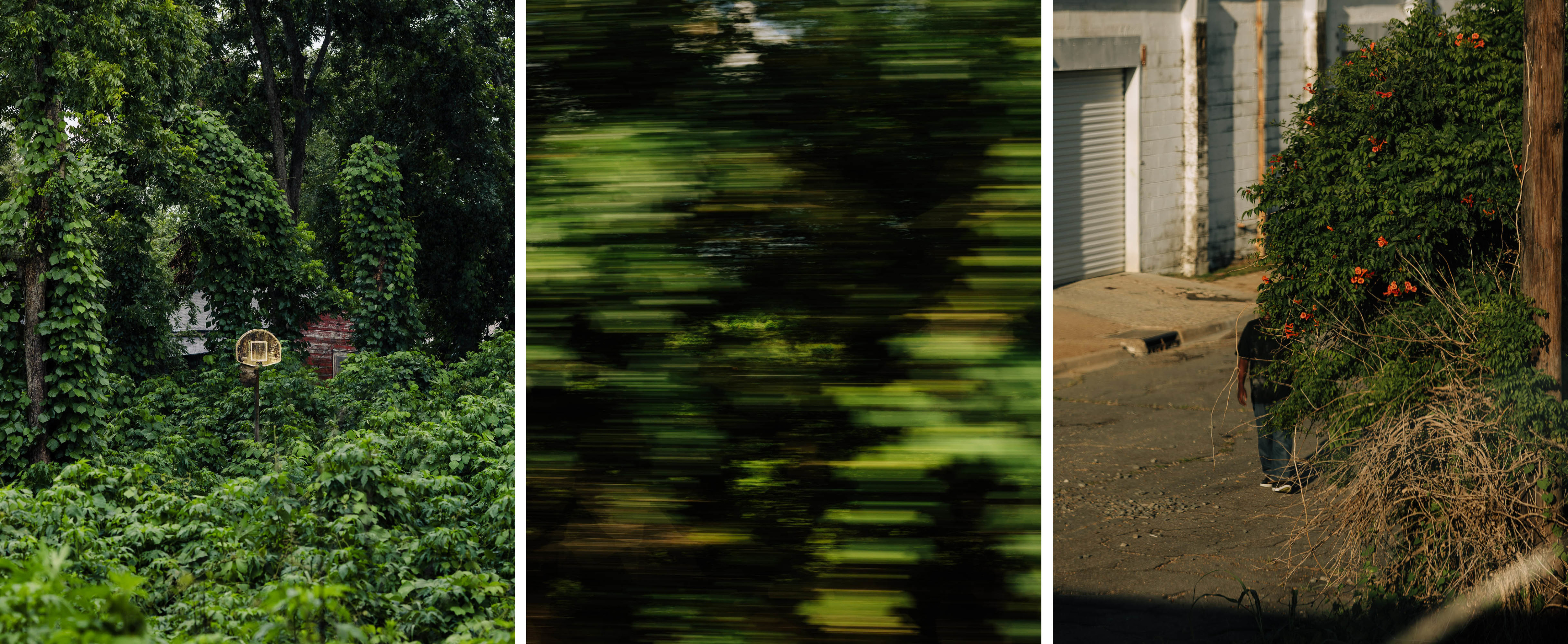
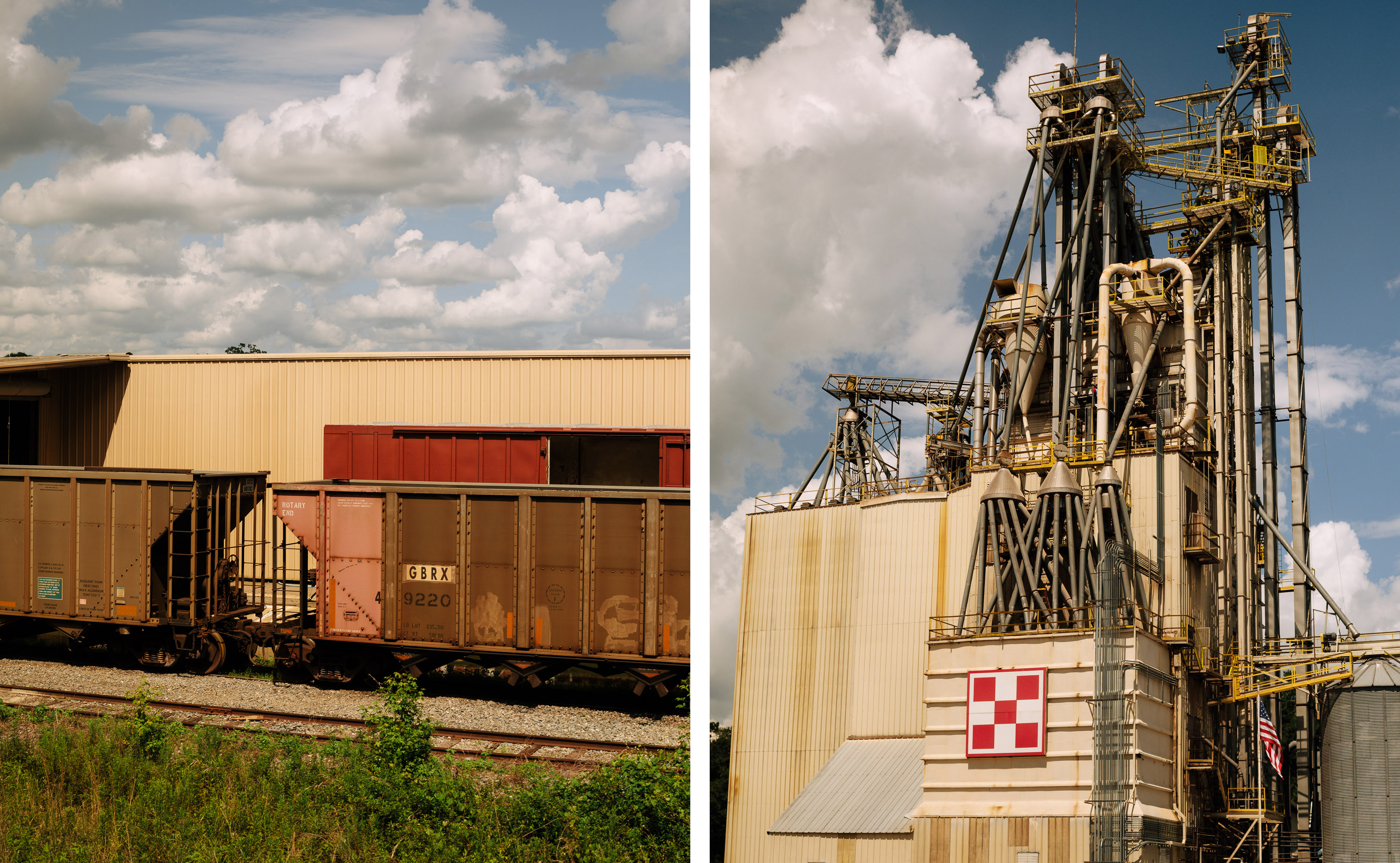

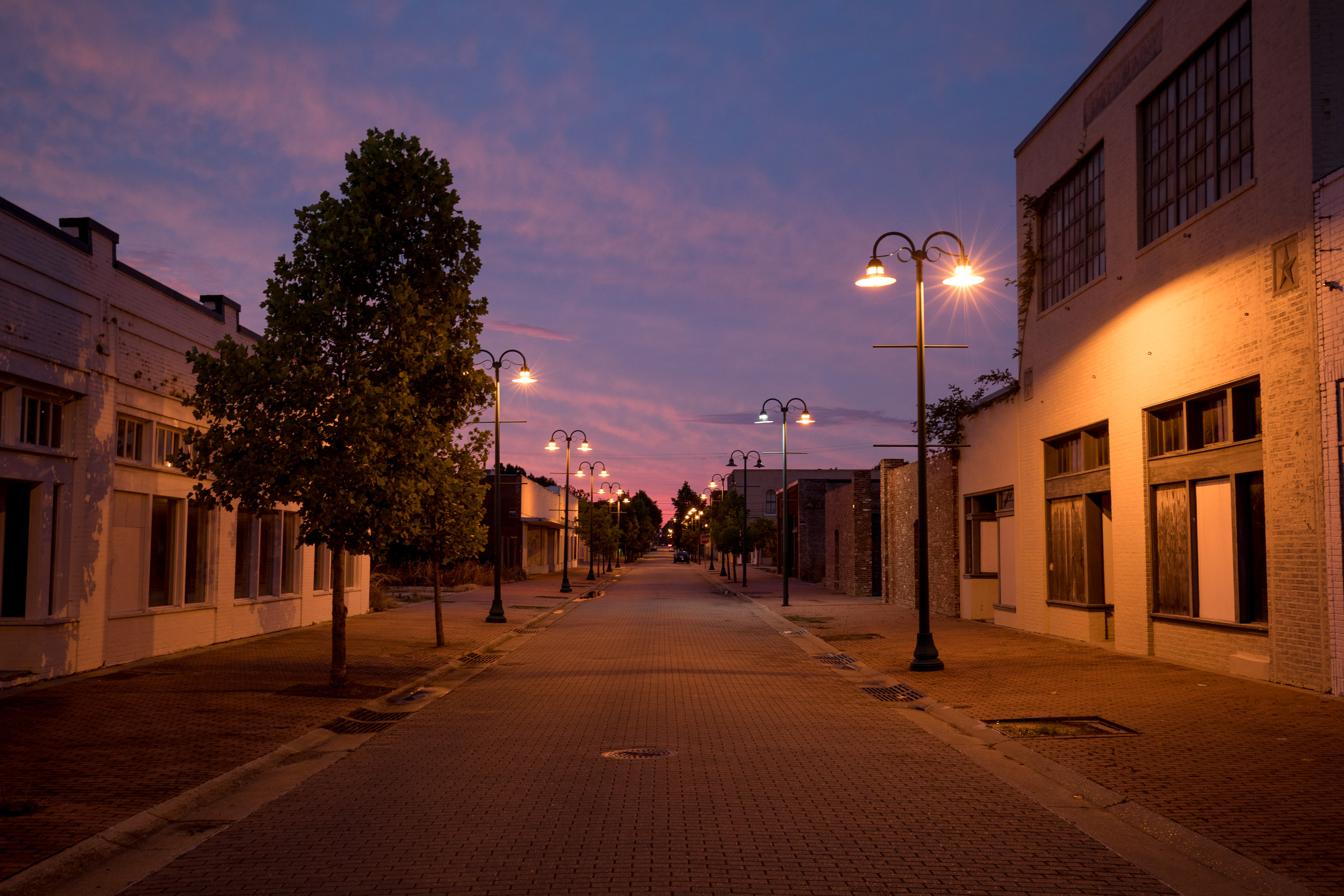
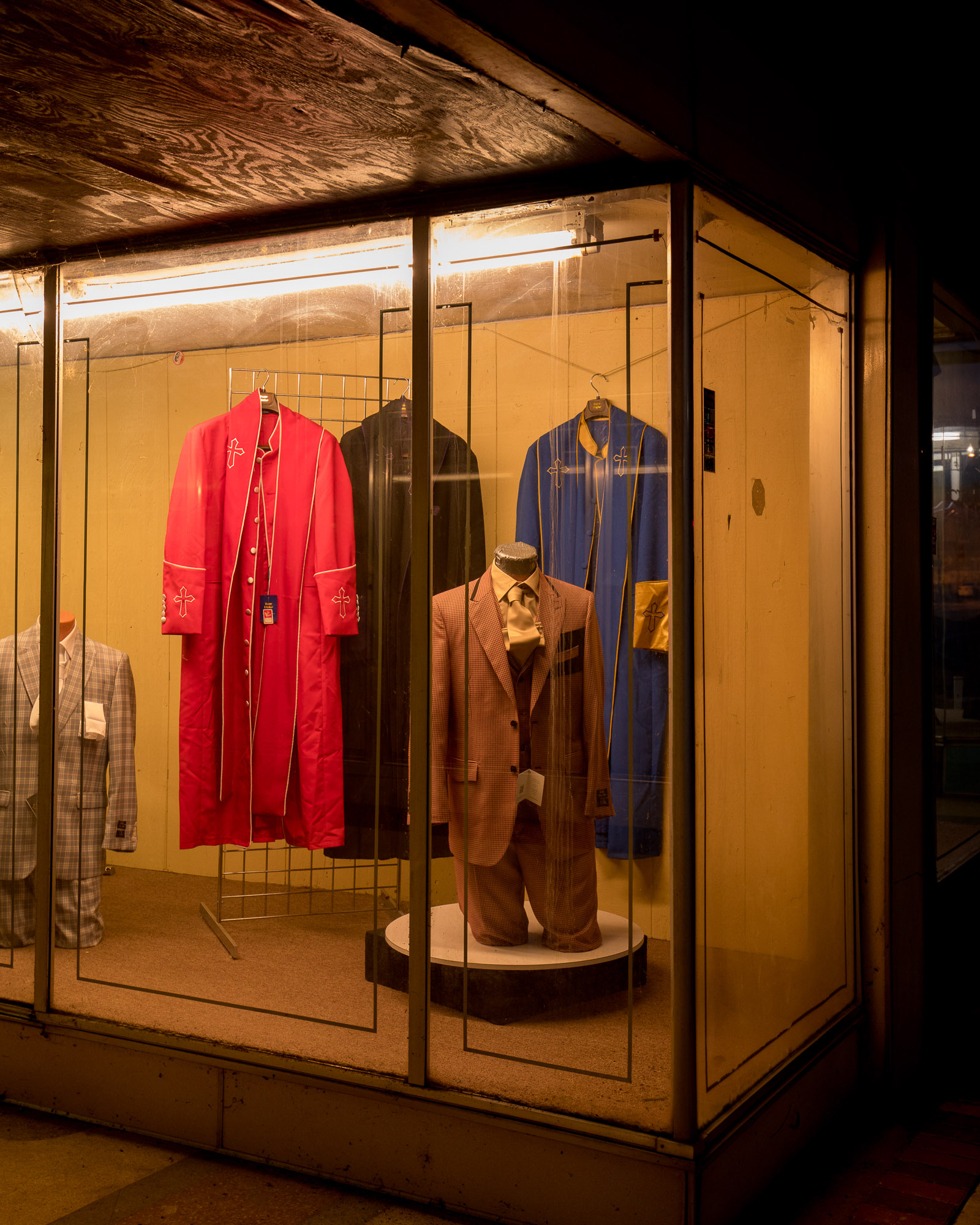
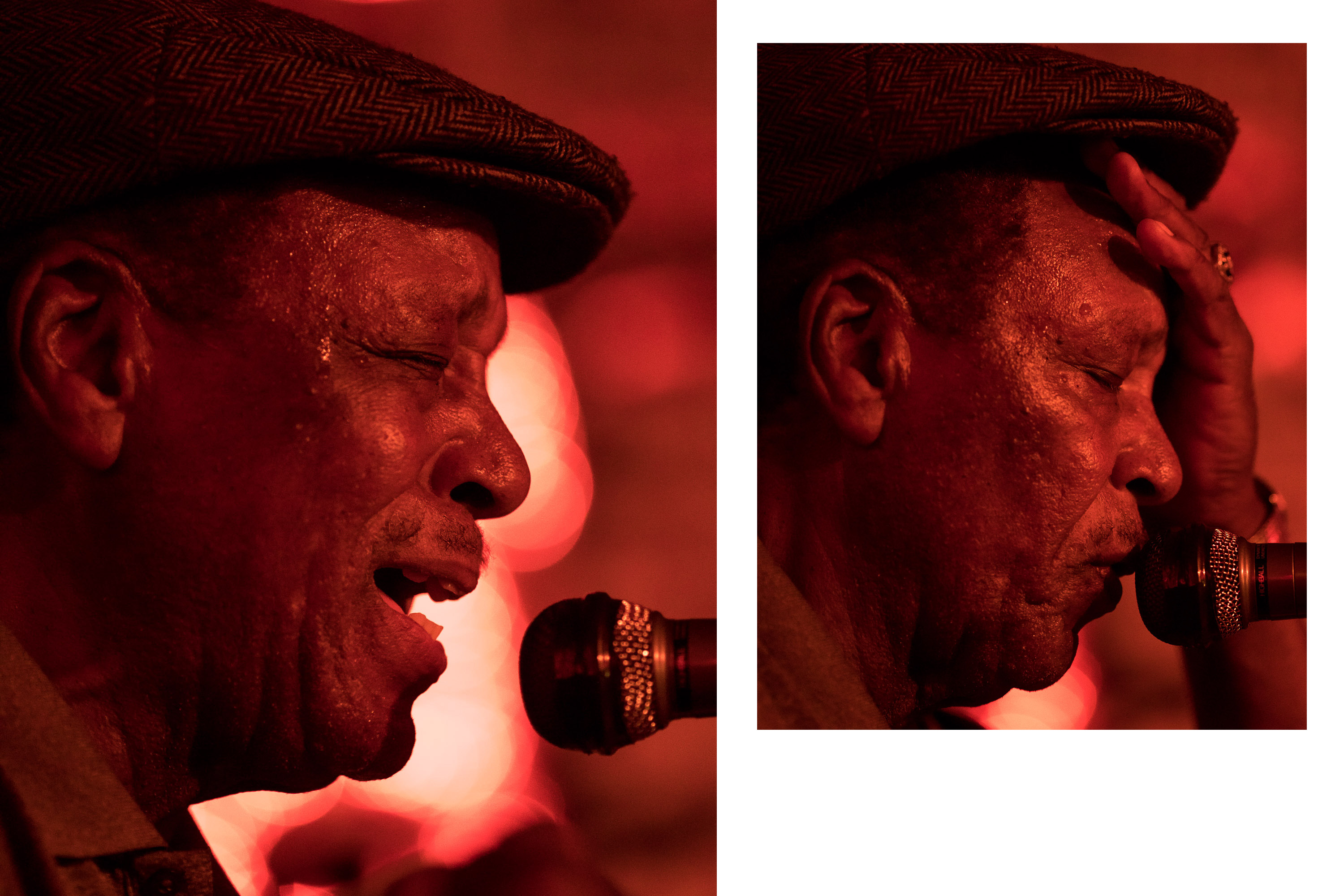
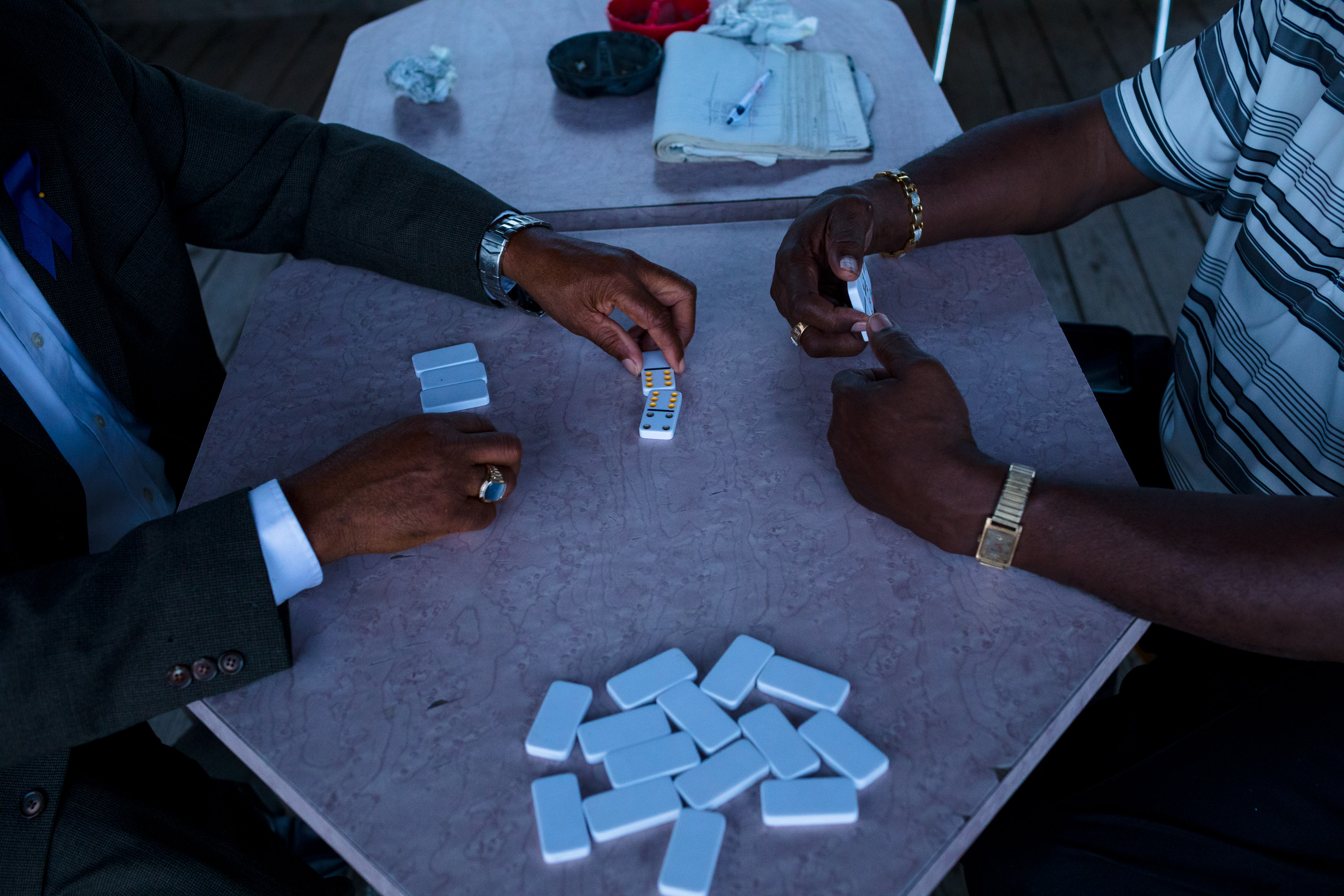

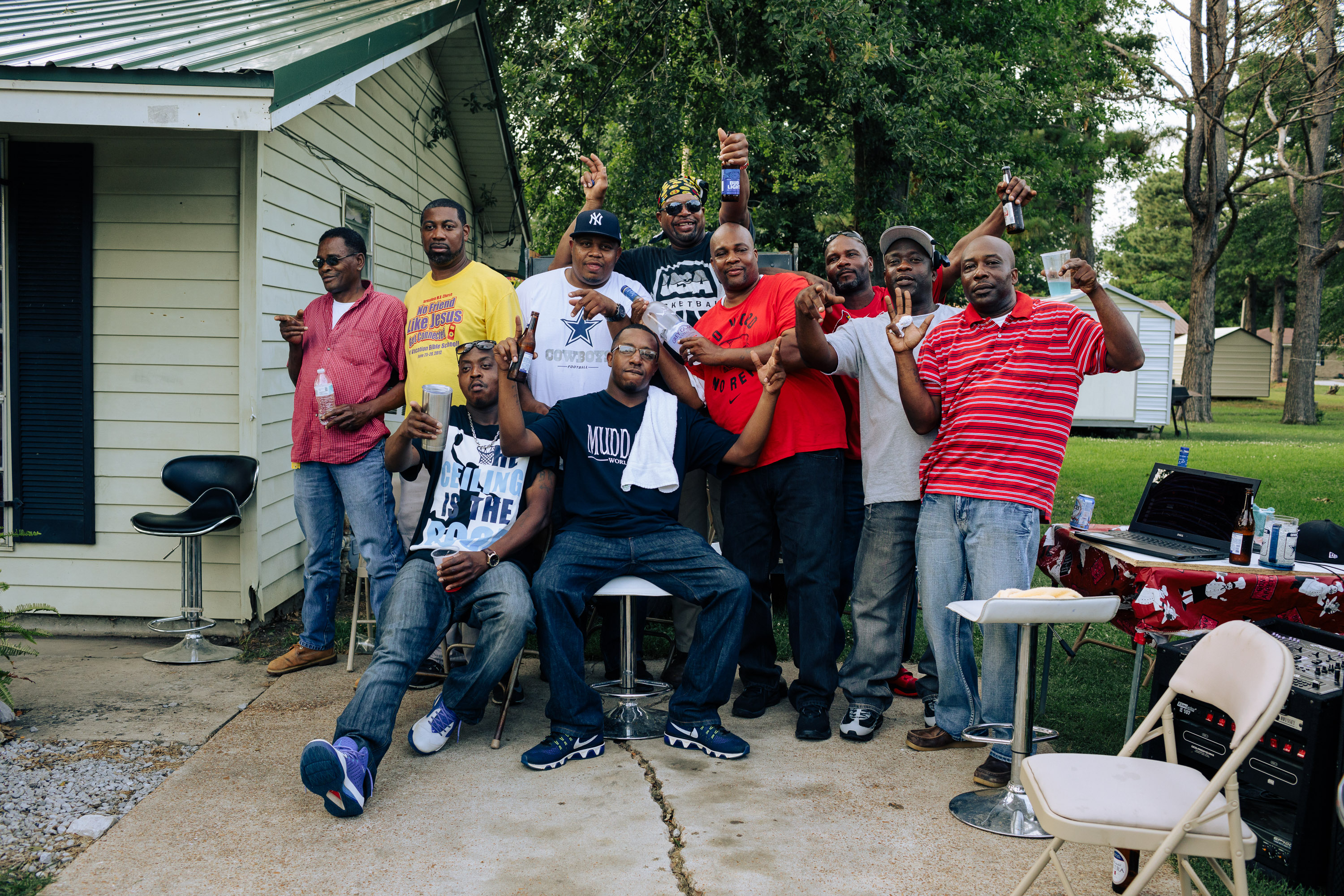

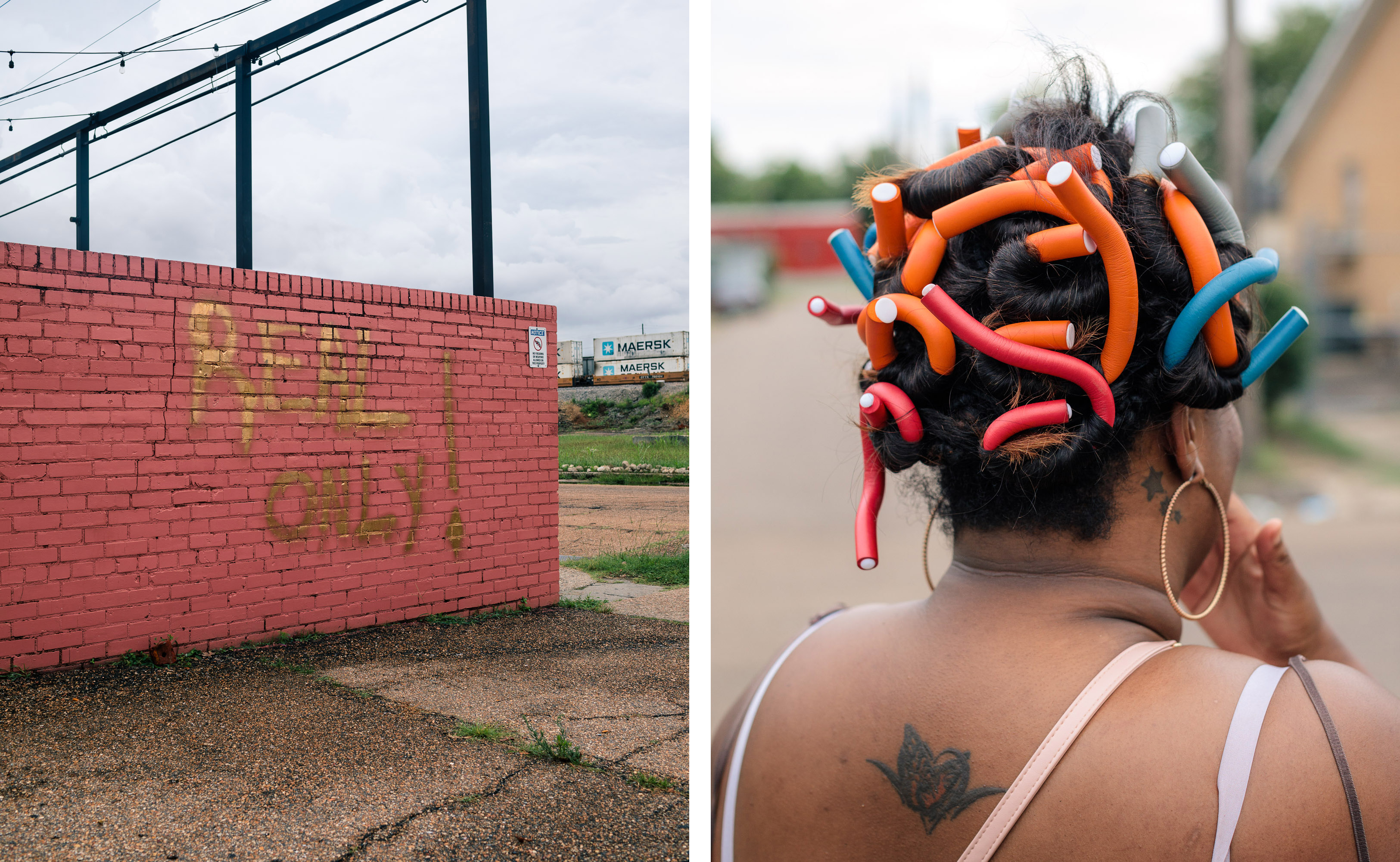

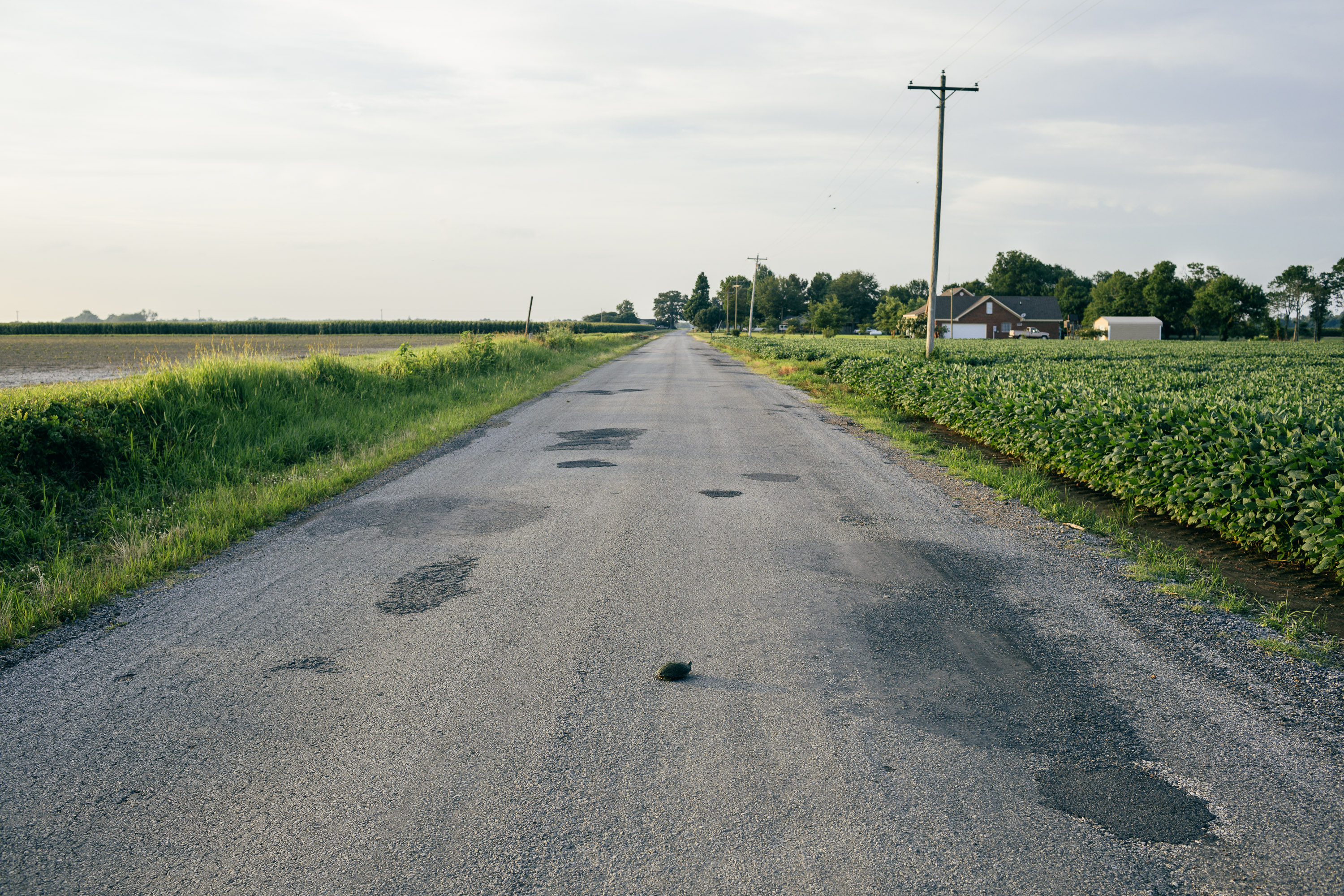
The Amtrak “City of New Orleans” train departs from the Crescent City, cuts a line through the heart of The Mississippi Delta, and terminates in Chicago. I rode the train north to Memphis then spent the better part of a week driving through The Delta exploring the landscape, checkered with lush cotton fields and scarred with the remnants of decayed industry—an almost too obvious metaphor for the region’s complex history. A history that shaped the musical, culinary, and economic identity of America; yet, at the same time, established a system of racism and inequality that has yet to be confronted honestly.
It would be easy to interpret many of these photographs through the shallow lens of poverty and struggle, but that would miss the fertile undercurrent of optimism that I encountered at every stop along the way. From Baptist churches to back porches, in the laughter of kids at corner stores and in the histories recounted in the familiar din of dive bars, there was an almost musical momentum as if everyone and everything was on its way somewhere even if no one knew exactly where.
Bill Hony, retired archaeologist and self-appointed Delta historian, of Rising Sun, MS lovingly and un-ironically, refers to The Delta as The Wishbone, presumably in reference to the shape made by the convergence of the Yazoo and Mississippi rivers. As an outsider, I struggle to reconcile the economic poverty with the cultural wealth, the racism with the collective identity, the spirit of pride with the shadow of a dark history. But, where I see apparent contradictions, Bill sees a region balanced—turning oppression into opportunity and hardship into song. In a way, The Delta has always made its own luck.
